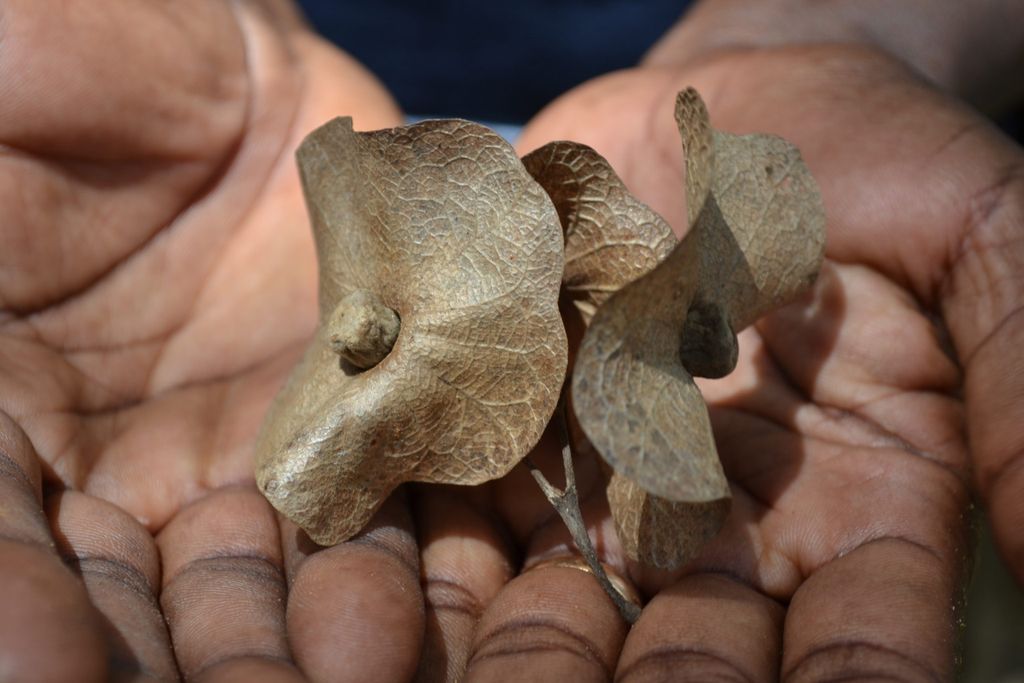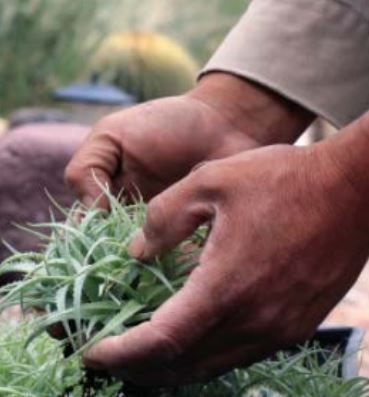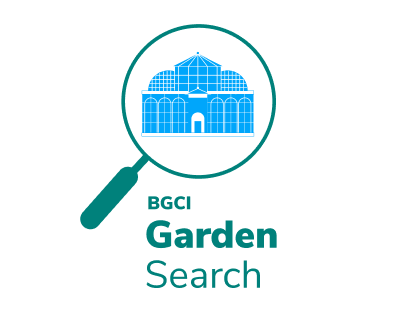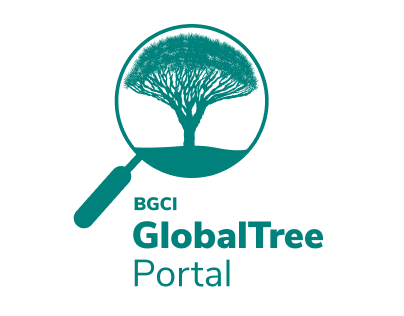Access and Benefit-Sharing
- Implementing Access and Benefit Sharing
- The International Plant Exchange Network
- The Principles on Access to Genetic Resources and Benefit Sharing
Much of the work of botanic gardens and herbaria depends on gaining access to and exchanging plant material. To fulfill the objectives of the Convention on Biological Diversity (CBD) and the Nagoya Protocol on Access and Benefit Sharing (adopted in October 2010 and entered into force on the 12th of October 2014), botanic gardens need to acquire new material legally and share benefits from the use of this material fairly and equitably with its providers.
All gardens are now facing the challenge of working out how to conduct their important scientific and conservation work in line with new and rapidly developing national and international laws and regulations related to access and benefit-sharing (ABS).

ABS Certification
Does your institution follow Access and Benefits standards? Why not become BGCI approved?
Apply for CertificationAccess and Benefit Sharing Learning Modules
BGCI, in collaboration with the Royal Botanic Gardens Kew, has created a suite of learning modules on access and benefit sharing, essential for those working in botanic gardens.
ABS Learning Modules and Quizzes
-
ABS Learning Package
Policy and Advocacy / E-learning module, Tool / English -
Access and Benefit Sharing Learning Modules
Policy and Advocacy / E-learning module / English, Spanish, French, Chinese -
Access and Benefit-Sharing Learning Module Quizzes
Policy and Advocacy / Quiz / English, Spanish, French, Chinese
Developing an Access and Benefit Sharing Policy
A number of networks and groups of botanic gardens have been working to develop harmonised approaches to implementing the access and benefit-sharing provisions of the CBD. Two voluntary approaches have been developed, the Principles on Access to Genetic Resources and Benefit-Sharing (the Principles) and the International Plant Exchange Network (IPEN).
The Principles provide a framework to help guide gardens and herbaria when developing their own individual policies.
IPEN establishes a system for facilitating the exchange of plant material for a network of gardens compliant with the CBD regulations and the NP and that sign a Common Code of Conduct. The IPEN system is designed to cover non-commercial use of living collections. It cannot be used for the exchange of herbarium or other preserved collections.
An institution can choose both to endorse the Principles (as they were designed to cover different kinds of collections, commercially-related research, and the exchange of material not covered by IPEN) and join the IPEN to be able to use its exchange mechanism for exchange of living material for non-commercial use only.
In addition to these botanical garden’s approaches, the Consortium of European Taxonomic Facilities (CETAF) has developed a collection related policy, which provides useful general information on ABS and the Nagoya Protocol.
External ABS Information and Tools
-
External ABS Information and Tools
Policy and Advocacy / Publication / English
ABS Learning Package
-
ABS Learning Package
Policy and Advocacy / E-learning module, Tool / English
Promoting the ABS-Compliant Use of Plant Resources in Research and Development
With support from the Darwin Initiative, BGCI has recently completed a project on ABS in Ethiopia, looking at how ex situ collection holders and researchers work within the framework of national ABS regulations.
The project also aims to build capacity among these stakeholders for the implementation of ABS and is investigating options for facilitated access to plant materials for use in non-commercial research.
Darwin Initiative Project - Promoting ABS
Access and Benefit-Sharing Implementation Examples
BGCI is gathering practical examples of measures that ex situ collections, research institutions and their networks are taking to ensure that they acquire, use and transfer plant genetic resources and share benefits in compliance with national and international laws, respecting the rights of provider communities and in accordance with mutually agreed terms.
Share









